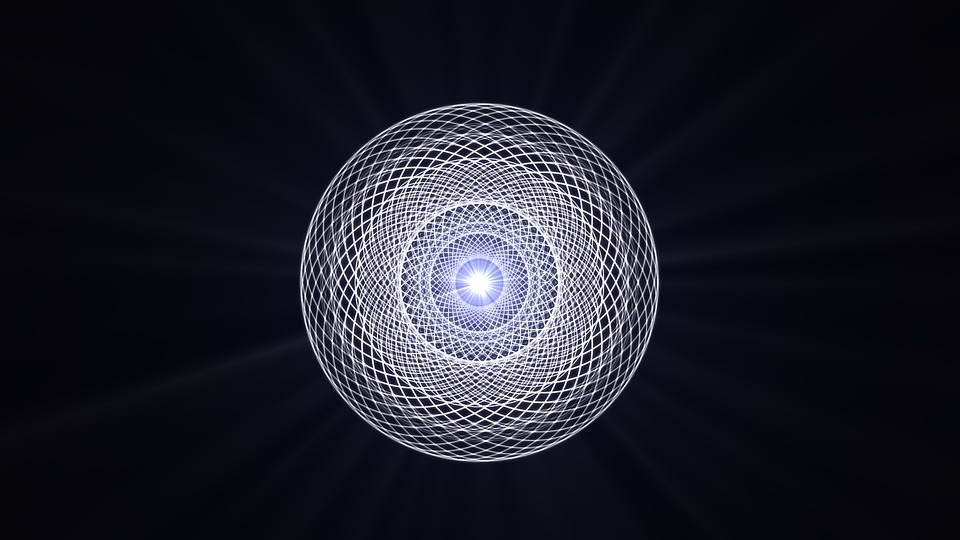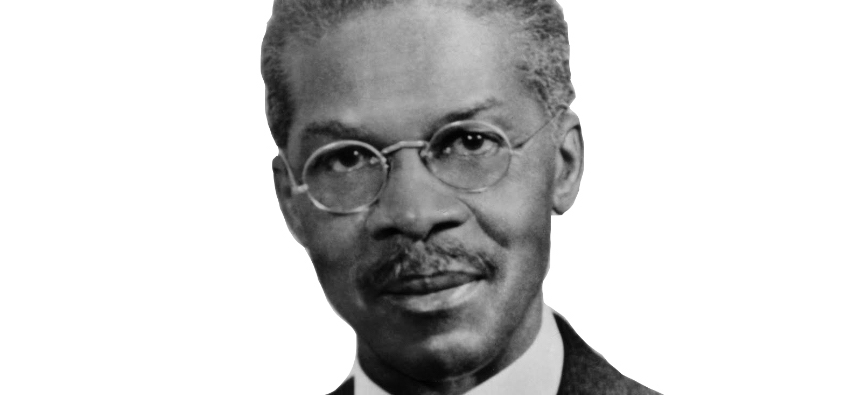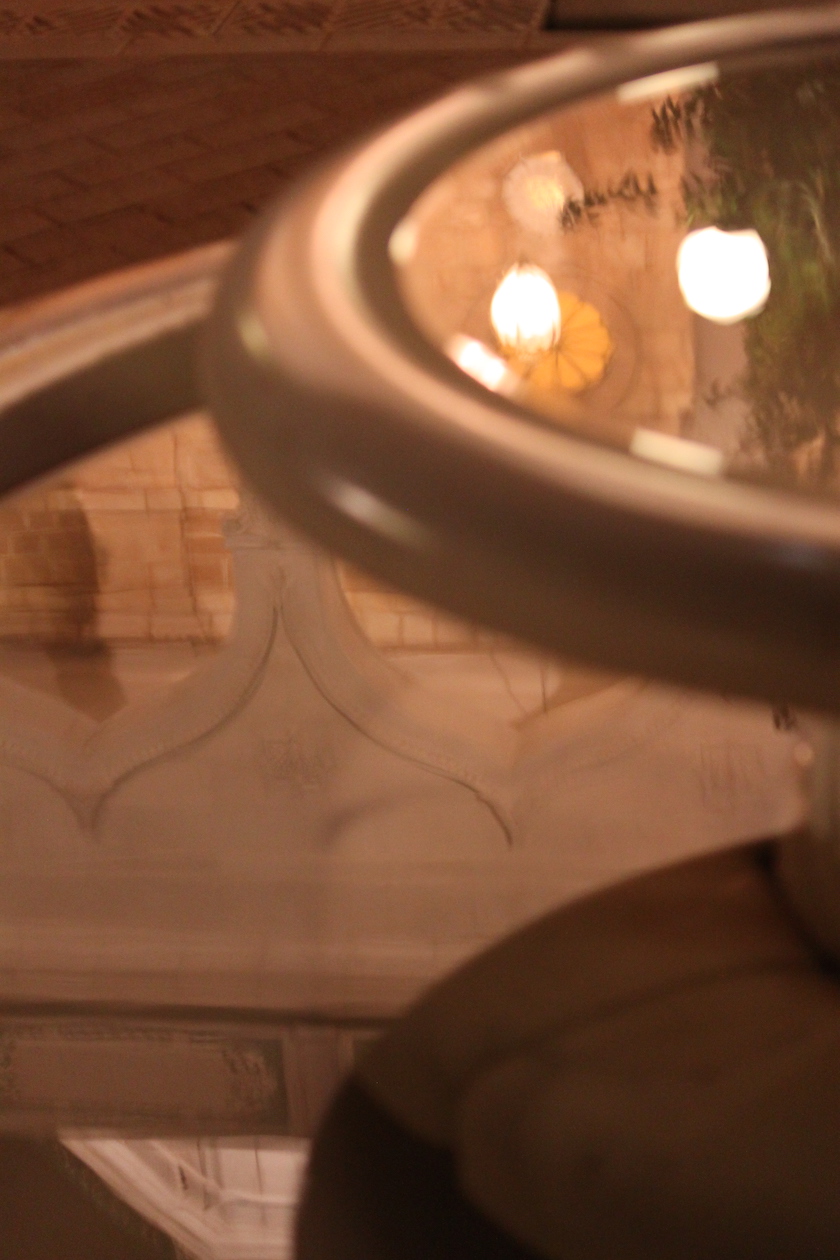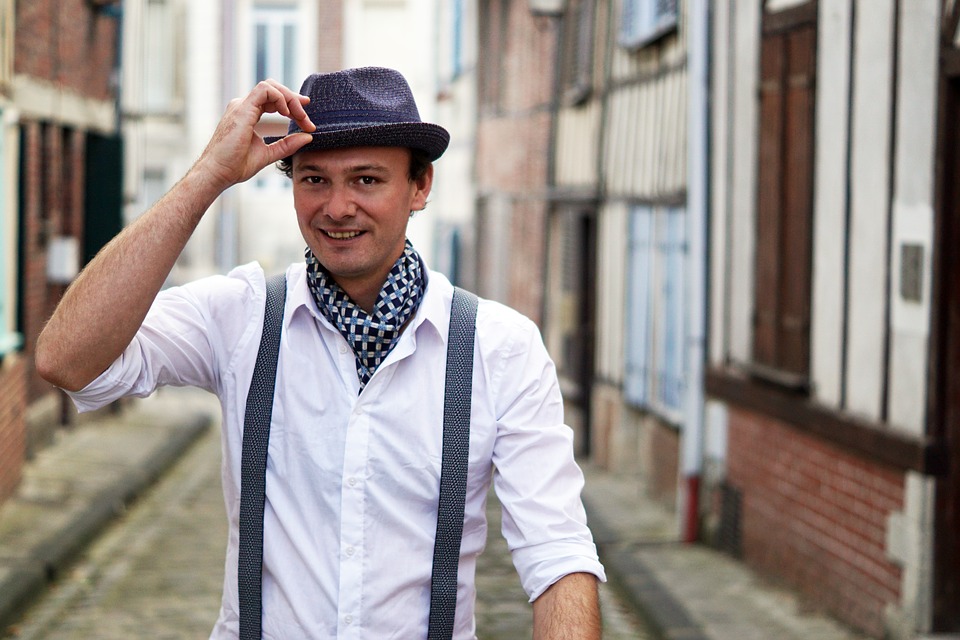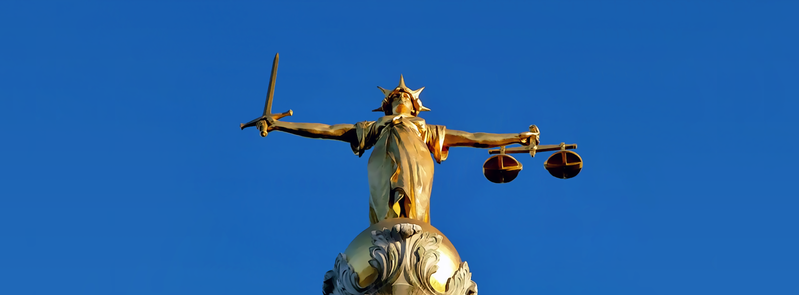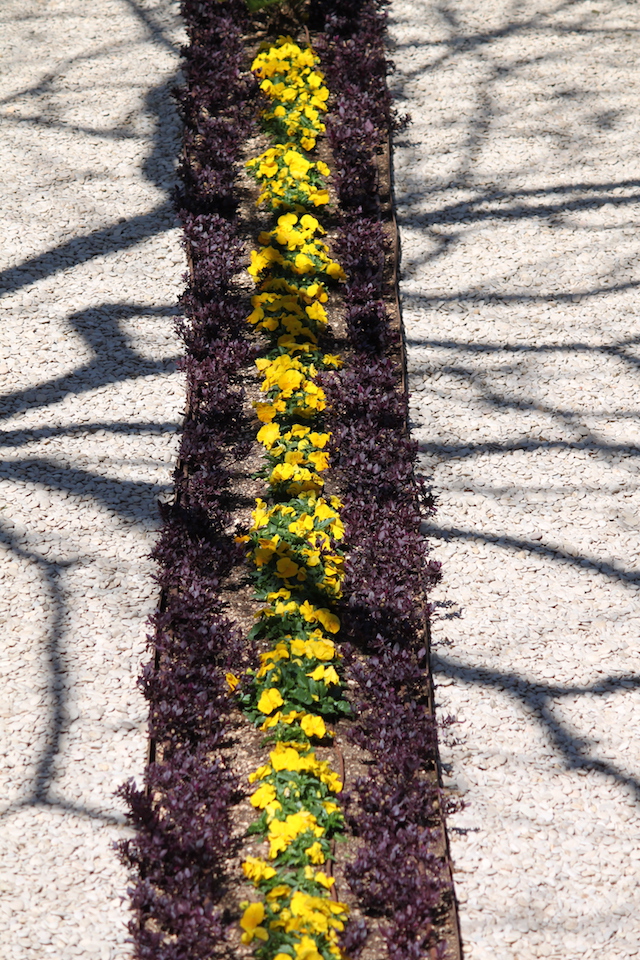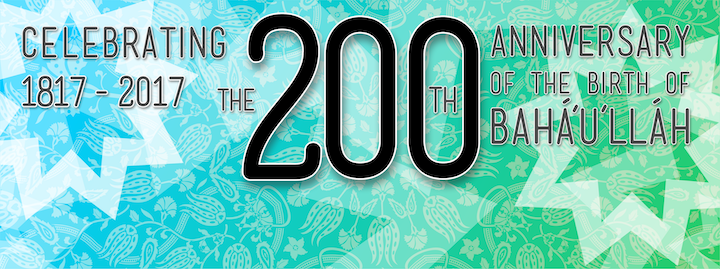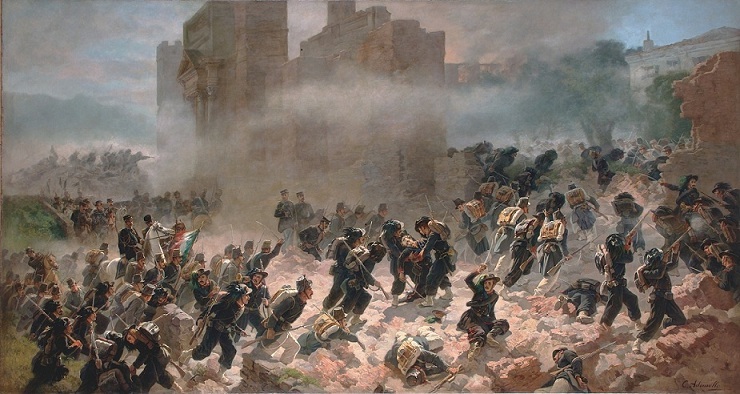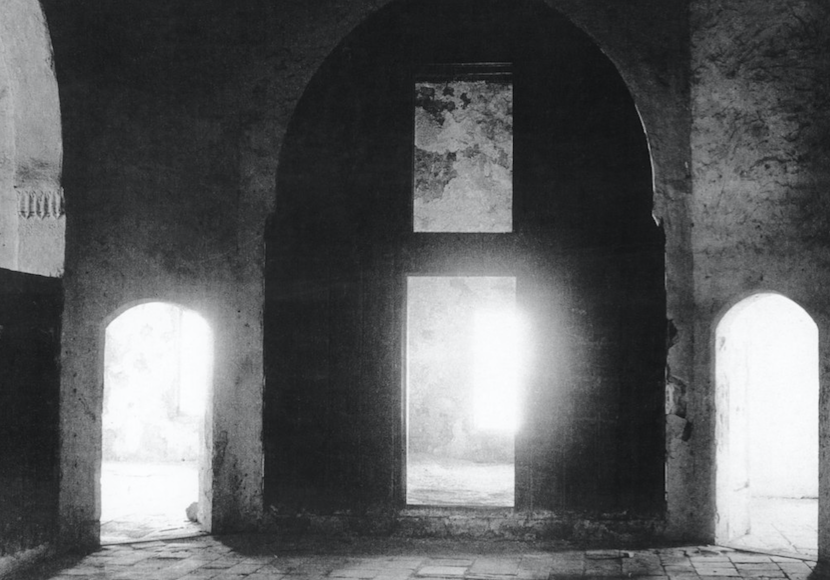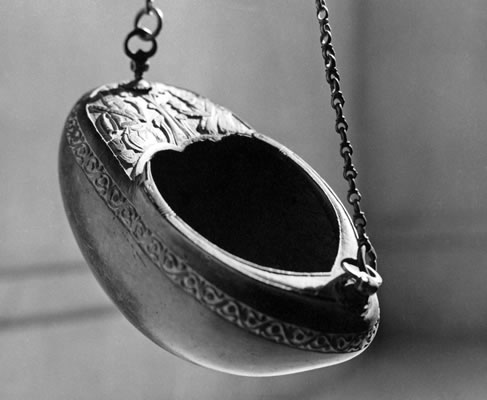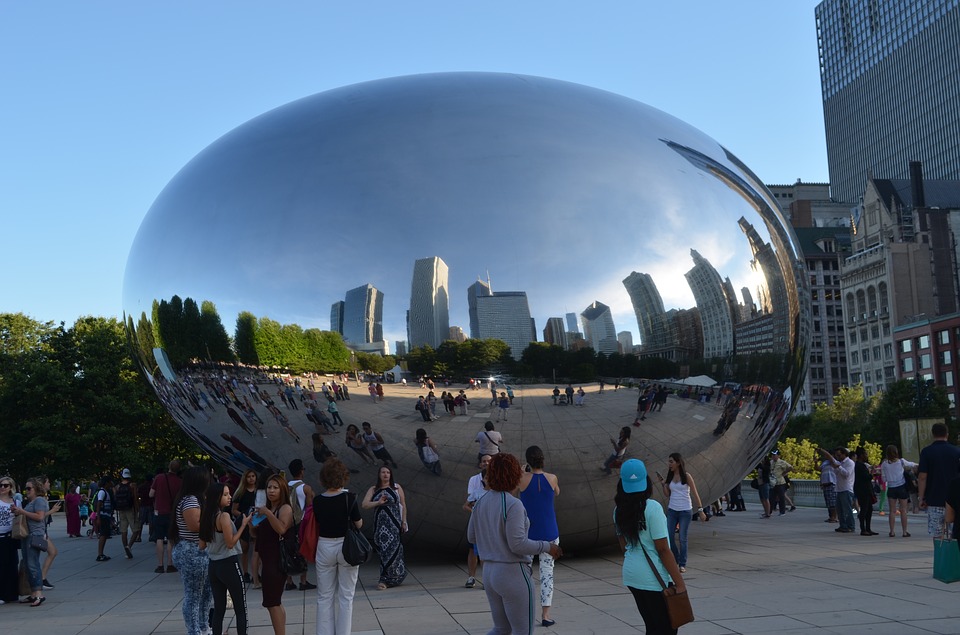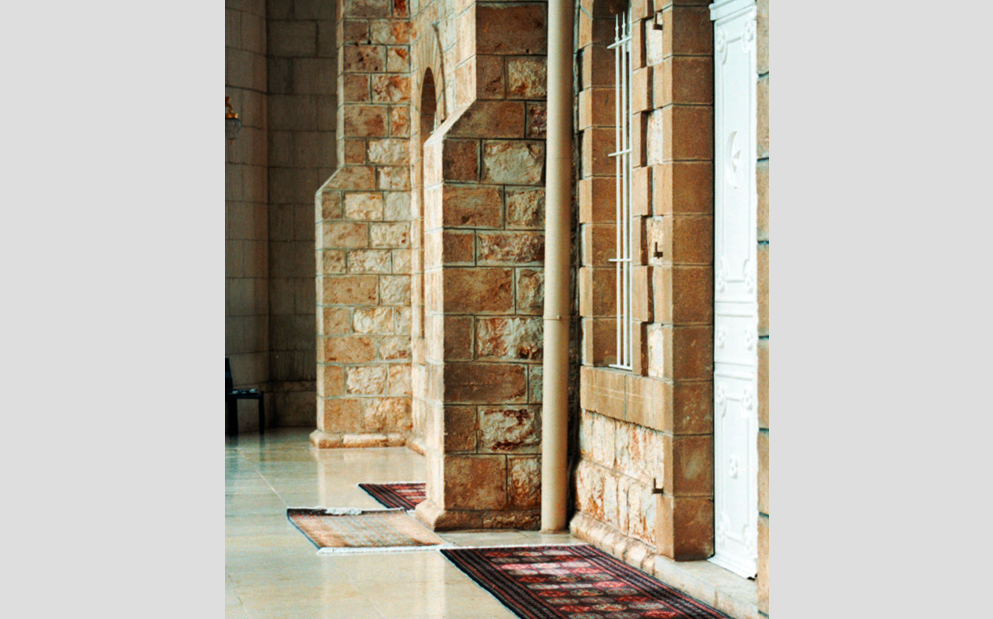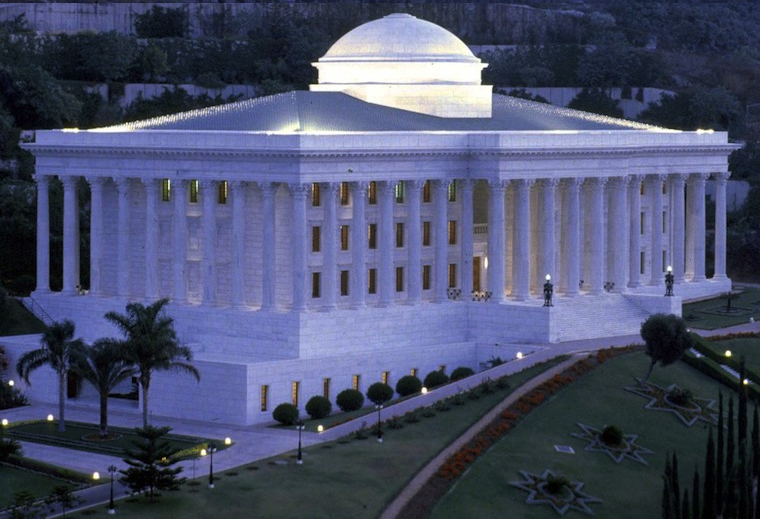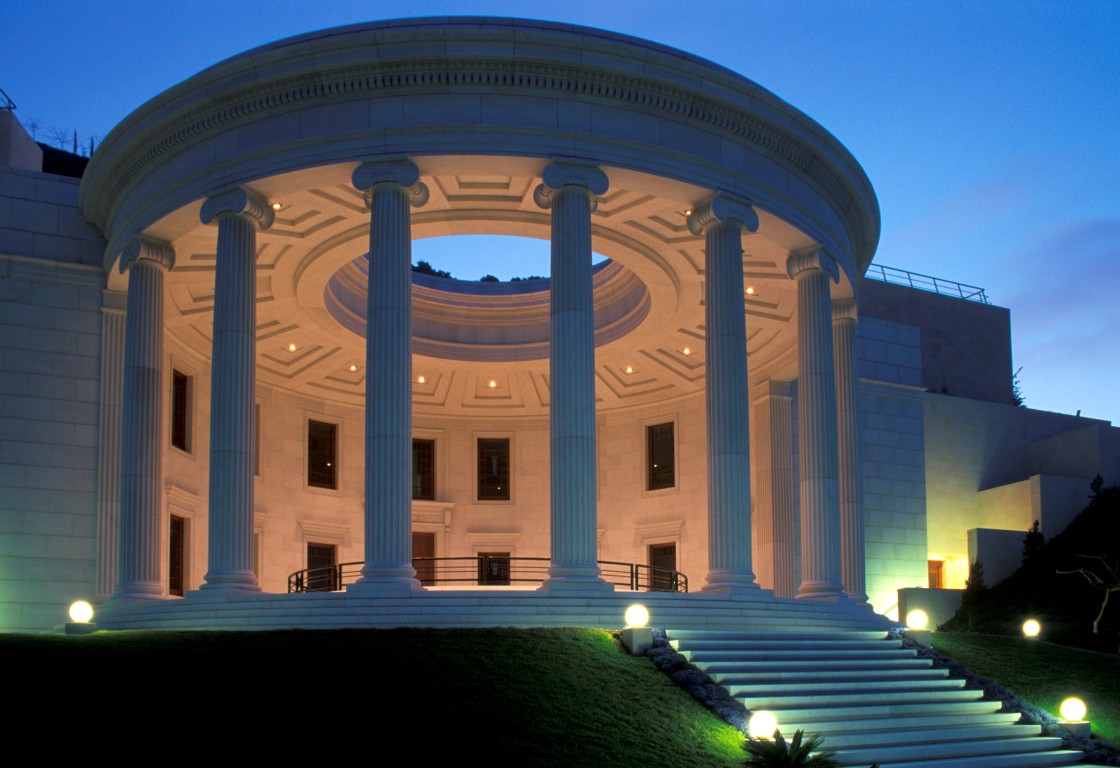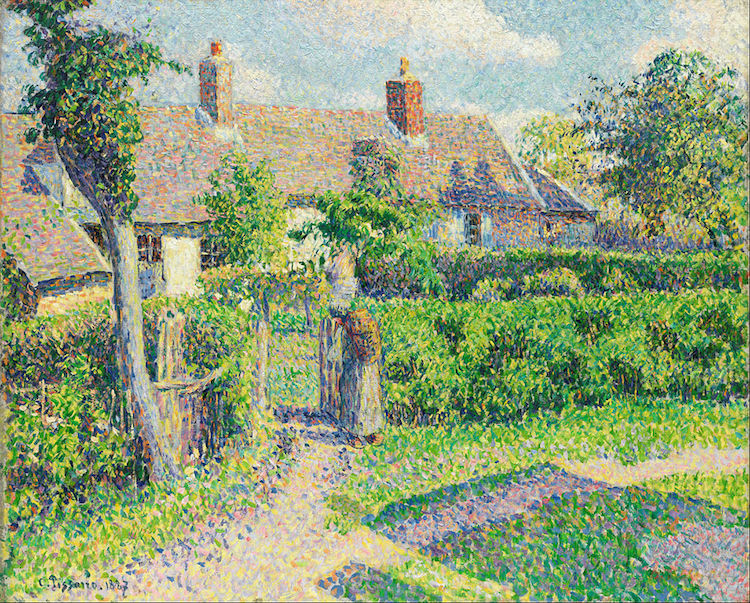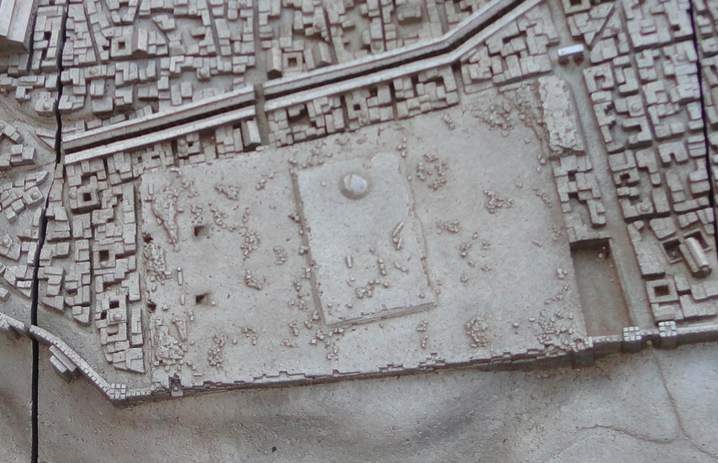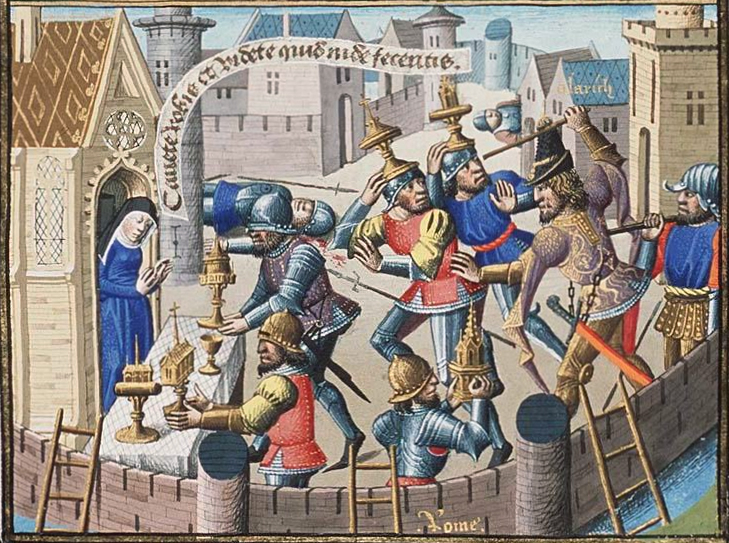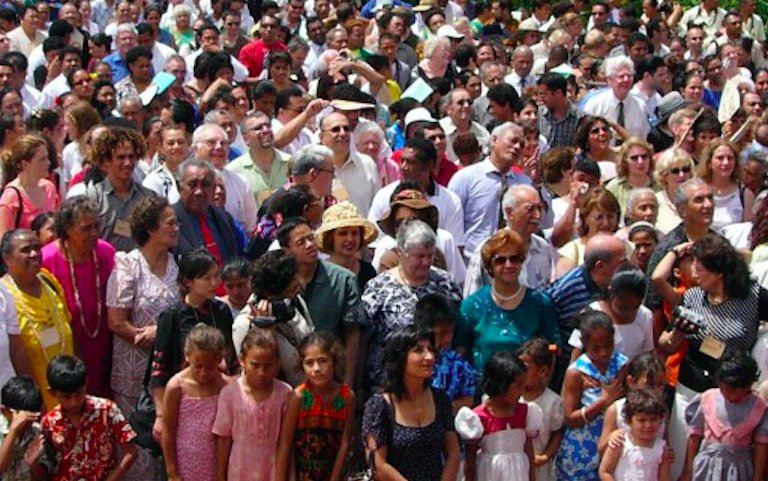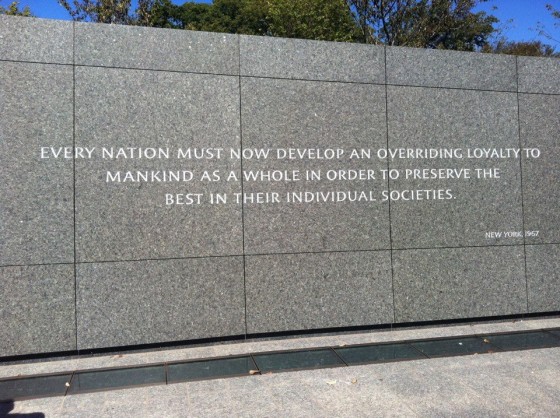-
Achieving Unity
It was not obvious when Bahá’u’lláh stated it, but it is obvious today. The problems of the world cannot be solved and human welfare and peace cannot be achieved, until humanity’s unity “is firmly established”. Yet if we look around the world, there is nothing more obvious than the divisions that beset human beings. No two men can be found who may be said to be outwardly and inwardly united. The evidences of discord and malice are apparent everywhere, though all were made for harmony and union.[1] If unity were easy, it would have already been achieved. It is not impossible, but it is harder than even the most visionary goals human…
-
The Purpose of Justice
Like prophets before him Bahá’u’lláh counselled kings and rulers of society to observe justice. Referring to the suffering inflicted on himself and his followers by the rulers of his time he writes: Twenty years have passed, O kings, during which We have, each day, tasted the agony of a fresh tribulation. … They that rose up against Us have put us to death, have shed our blood, have plundered our property, and violated our honour. Though aware of most of our afflictions, ye, nevertheless, have failed to stay the hand of the aggressor. For is it not your clear duty to restrain the tyranny of the oppressor, and to deal…
-
An Empowering and Supportive Community Life
In previous articles we have looked at how Baha’u’llah reforms religious institutions as consultative institutions with a duty to foster human well-being. We have also seen how the individual is framed by Baha’u’llah as an active citizen who is a partner in fostering human well-being. How then does community life change? Sometimes religious community life is viewed as being judgemental, oppressive and divisive. And while such patterns can be observed from time to time they aren’t inherent in the core essence of religious teachings. And they are incoherent with Baha’u’llah’s vision and rare in Baha’i experience. But even absence of these negatives is not sufficient. Thus writing in 2010, the Universal House of Justice presents…
-
Words of Love
I loved thy creation, hence I created thee. Wherefore, do thou love Me, that I may name thy name and fill thy soul with the spirit of life.[1] Armed with the power of Thy name nothing can ever hurt me, and with Thy love in my heart all the world’s afflictions can in no wise alarm me.[2] Commit not that which defileth the limpid stream of love or destroyeth the sweet fragrance of friendship. By the righteousness of the Lord! Ye were created to show love one to another and not perversity and rancor. Take pride not in love for yourselves but in love for your fellow-creatures.[3] Set ye aside My love, and commit what…
-
‘Abdu’l-Bahá and the Pivot of the Oneness of Humankind
In this series of articles, ‘Abdu’l-Bahá, Bahá’u’lláh’s eldest son, is already a familiar point of reference. We have seen ‘Abdu’l-Bahá in action in his journeys to the West, undertaken in the last decade of his life. During these journeys he promoted principles from his father’s teachings such as the oneness of humanity, the abolition of prejudice, the equality of men and women and the abolition of extremes of wealth and poverty. A description of ‘Abdu’l-Bahá during those journeys gives a sense of who he was: Tirelessly, He expounded the teachings in every social space: in homes and mission halls, churches and synagogues, parks and public squares, railway carriages and ocean liners,…
-
Solving Problems Beyond Solution – The Book of Certitude
The goal of Bahá’u’lláh’s entire life’s work, as he describes, is to foster unity among human beings. Of his writings, the Book of Certitude plays a particular role in this purpose. Accordingly, it has been said of the Book of Certitude that by sweeping away the age-long barriers that have so insurmountably separated the great religions of the world, [it] has laid down a broad and unassailable foundation for the complete and permanent reconciliation of their followers.[1] In works such as the Hidden Words, we primarily find guidance directed to the spiritual life of the individual. In Bahá’u’lláh’s later writings, such as those published in the Tablets of Bahá’u’lláh, we find…
-
The Opposite of Hate
There is a lot of hate about these days. And people debate what the opposite of hate may be. One thing’s for sure. Hate is not the opposite of hate. We see it every night in the “news”. More hate. Once, people at least pretended to need a cause to kill. Now, for some, sheer hatred seems to be enough justification to kill and crow about it. Those who do so condemn themselves by their actions. I don’t need to use the word, for everyone to know what I’m talking about. Terrorism. It’s the new abnormal. And the acts of terror driven by hatred have a purpose. Their purpose is…
